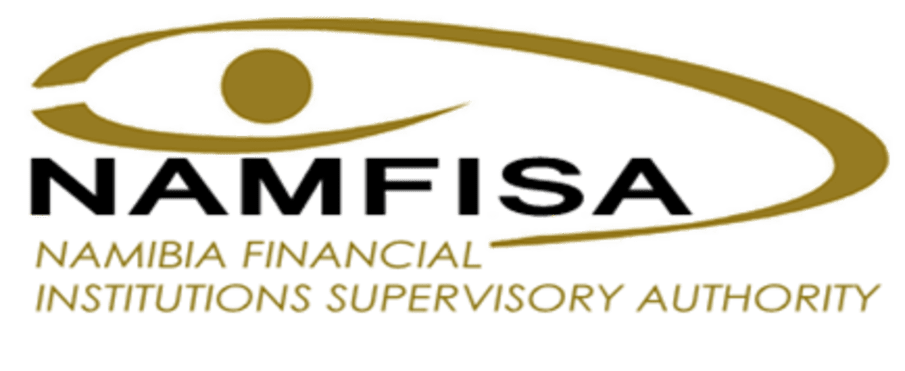Accounts payable: Money owed to other people or businesses. For example, when you buy clothes from a shop (Jet, Ackermans) and do not pay for it right away and have to pay it back every month.
Asset: An asset is an economic resource that a) can be owned, and b) is expected to provide benefits in the future. Examples of indi-vidual assets: your house, car, jewellery, etc. Examples of company assets: the factory building, office, plant and machinery, etc.
Bond: Security on a loan that requires repayment with interest.
Contribution: The premium paid to a medical aid fund and a pen-sion fund.
Credit agreement: When you buy something (for example, a tele-vision) without paying for it right away. A credit agreement allows you pay your TV off over several months/years.
Exchange rate: The value of one currency (for example, Namibian Dollar) compared to another currency (for example, US Dollar). This value changes all the time.
Expense: The money you spend on buying something or paying for a service.
Funeral plan: A plan that pays out in the event of a death in order to cover the heavy costs of a funeral. Should you or your wife die unexpectedly, for example, the funeral policy will pay out to cover for the costs of the funeral.
Income: Money received for work done.
Inflation: The increase in the price of goods and the decrease in the value of money. For example this year bread costs a certain amount (N$8.00), while next year the price will be more (N$8.50).
Investment: Something that is worth buying because it may be worth more money later or may generate (make) money in the fu-ture to put your money into something with the interest of making profit. An example would be buying a house with a friend (business partner) and then renting out the house (e.g. N$8,000 per month) for more than the loan repayment (e.g. N$5,000), resulting in a (e.g. N$3,000) profit.
Loan: Money borrowed that is to be repaid with interest.
Liability: It is the condition of owing something of economic val-ue to another party. It is important to note here that although debt commonly comes to mind when one considers liabilities, not all liabilities are debt. Companies may incur several types of liabilities, for example: the outstanding money that a company owes to its sup-pliers would be considered a liability. Liabilities are in fact a vital aspect of a company’s operations because they are used to finance operations and pay for large amounts over time. Current liabilities are debts payable within one year, while long-term liabilities are debts payable over a longer period.
Matured Policy: A policy is said to “mature” when it reaches a de-sired or final condition; or when the worth value is paid out. In the example of life insurance: the matured policy is reached when the insured person dies.
Mortgage: Using your house as a security for a loan. Retirement: The point at which you stop working (60 years old). Savings: Money set aside for later.
Solvency: The state of having more assets than liabilities. An exam-ple of a business with solvency is a business that can pay all its bills.
Tax: A percentage of income and sales paid to the Government
